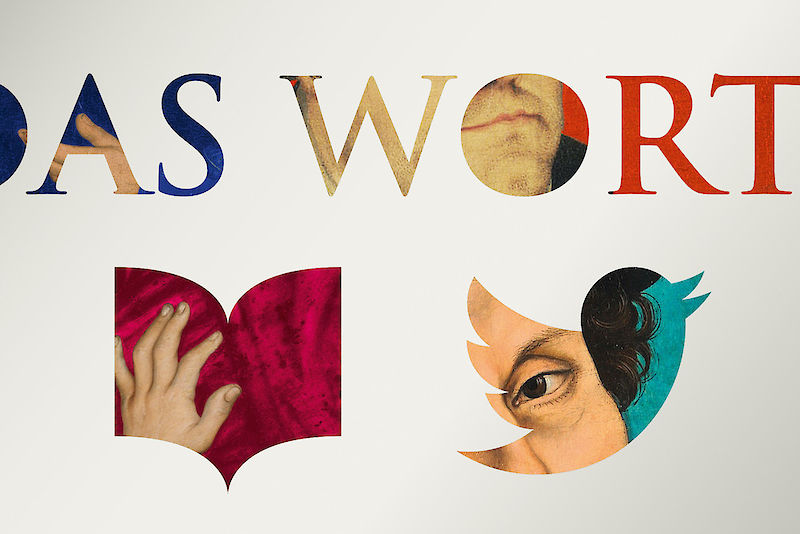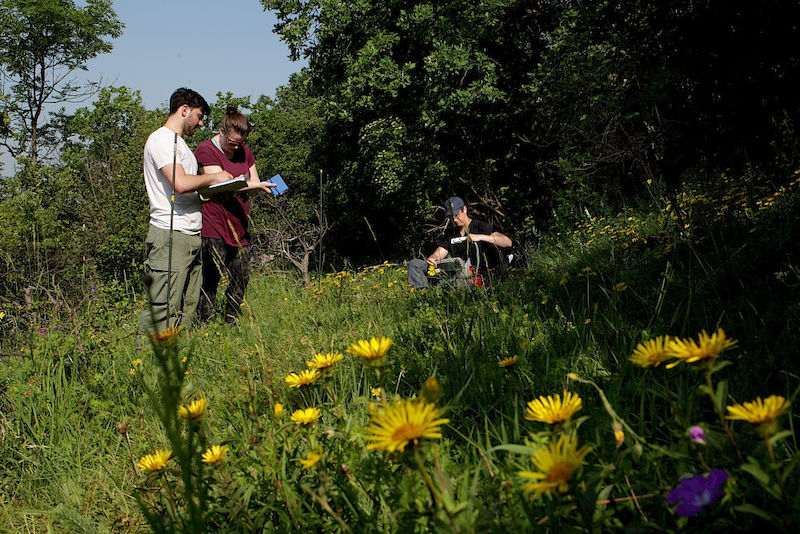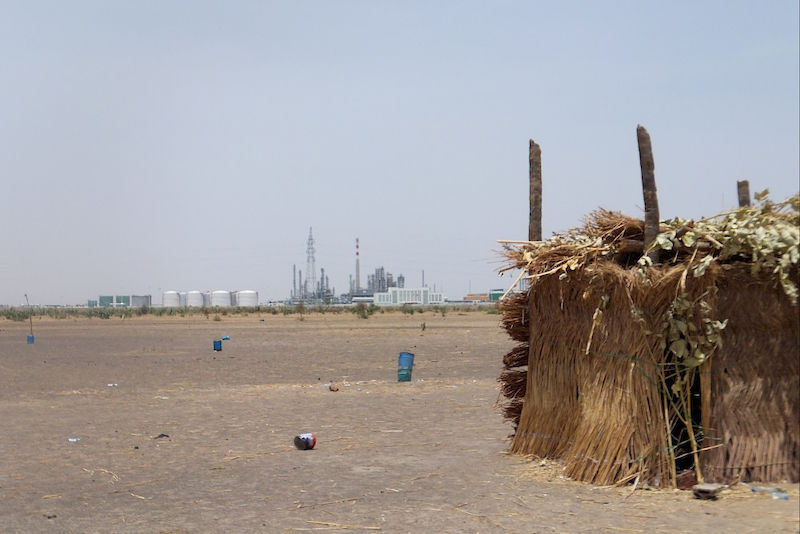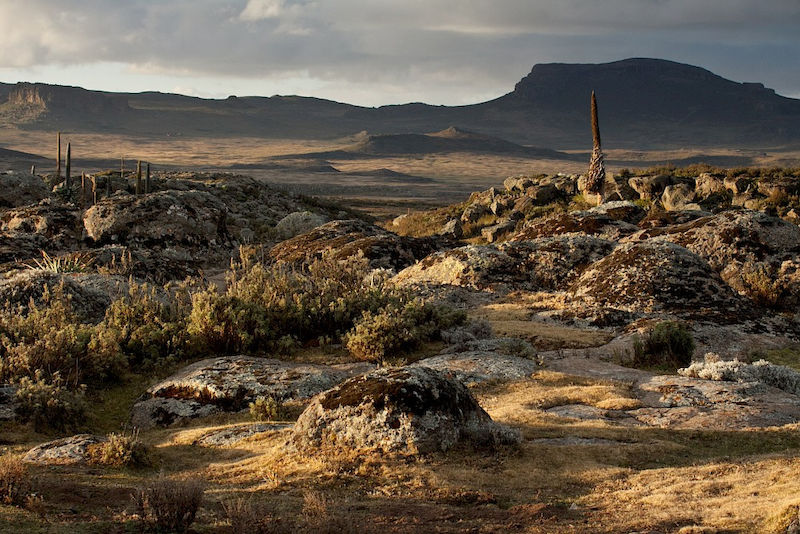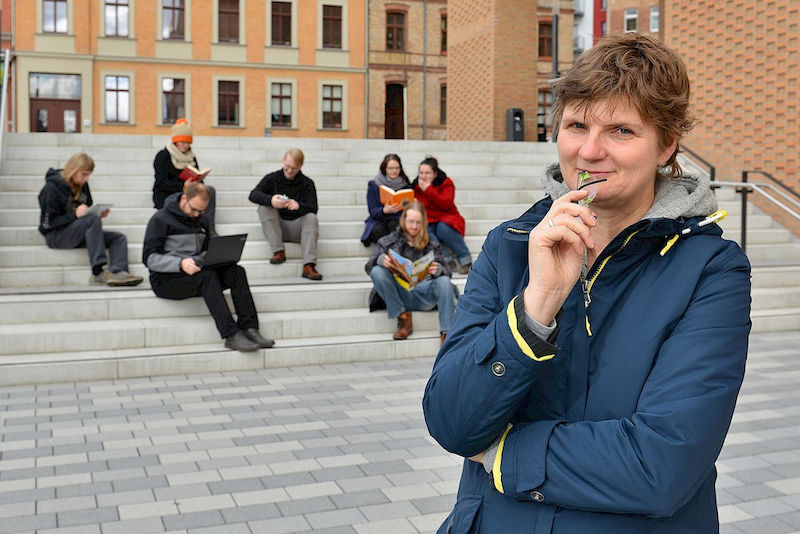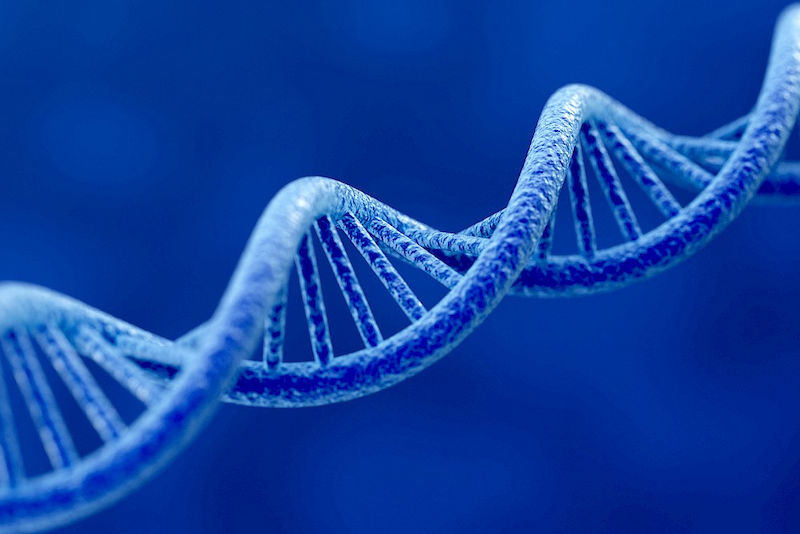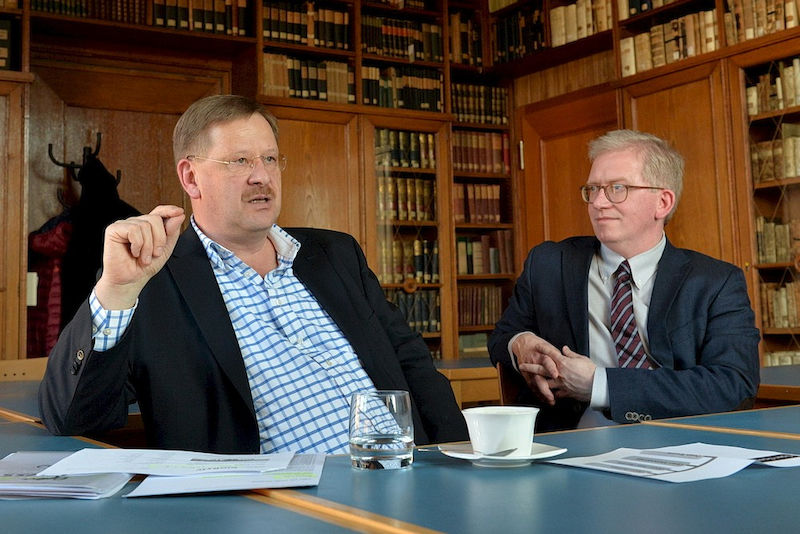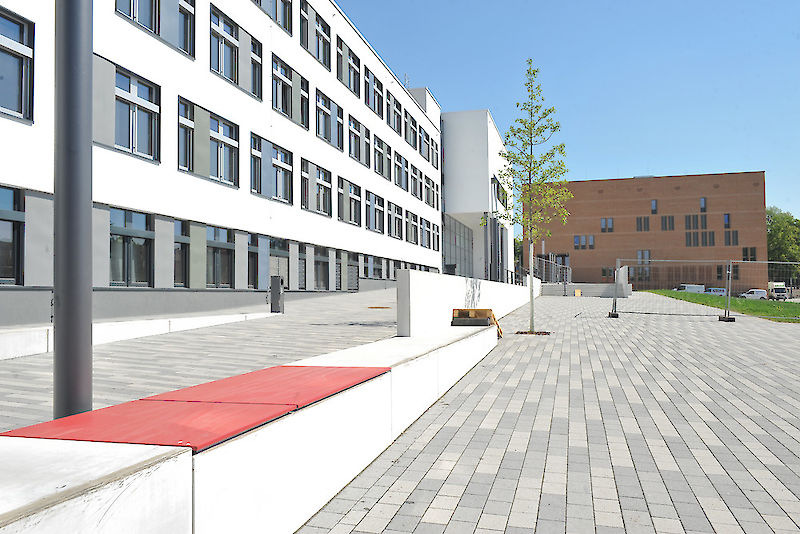07.04.2016 in Featured, Miscellaneous, Research, ScienceThe open access movement began 15 years ago. Prof. Stephan Feller, a molecular biologist, and Dr. Stefan Artmann, a private lecturer in philosophy, discuss how it will change science in 2016 and the opportunities and challenges that will arise as a result of its development into an open exchange of specialist publications. It is a topic that occupies both men. Feller is the editor-in-chief and co-founder of the Open Access Journal “Cell Communication and Signalling”. Artmann, who heads up the presidential office at the Leopoldina, is a member of the working group “Open Access”, part of the priority initiative “Digital Information” of the Alliance of Science Organisations in Germany. Read more
